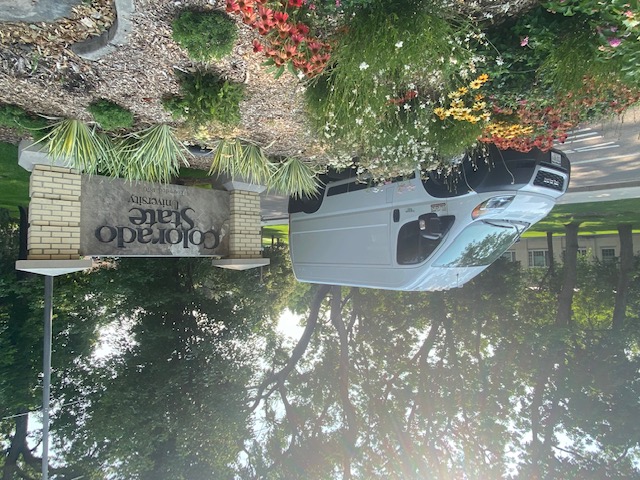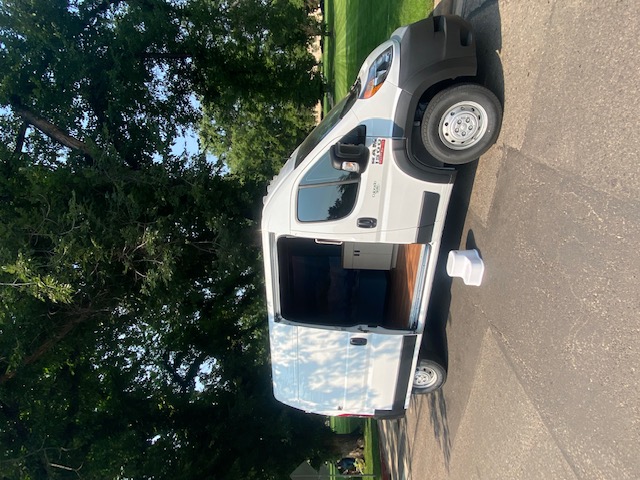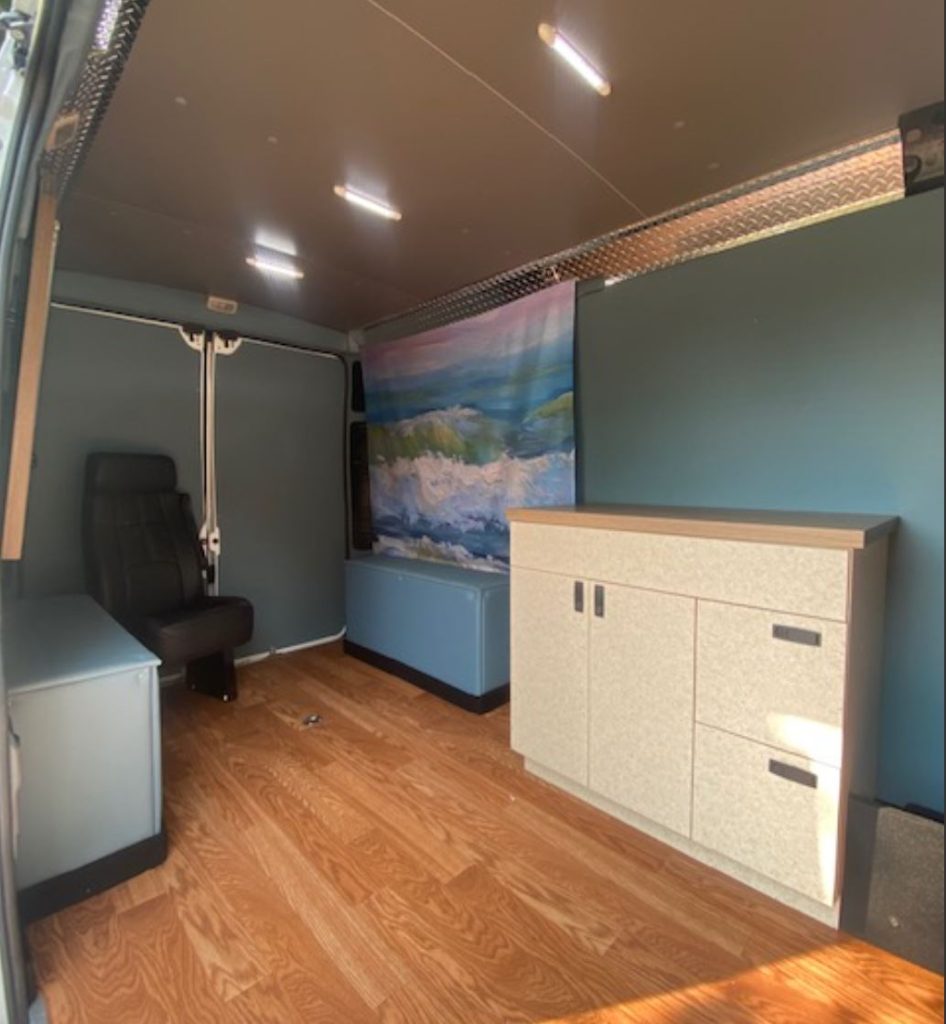FEDERAL RESTRICTIONs
While individuals over the age of 21 can legally purchase cannabis products at any dispensary in the state of Colorado, federal restrictions currently prevent researchers from administering legal market products to study participants on a University campus.
Historically, when researchers wanted to administer cannabis within a laboratory setting, they had to rely on low-potency products obtained from the federal government (e.g., THC ranging from 1% to 7%). This lower potency cannabis does not reflect the wide variety of high-potency products that are currently available on the legal market in states like Colorado. Although the Drug Enforcement Administration (DEA) has recently stated that it will issue licenses to several U.S. cannabis growing facilities that will be allowed to supply more diverse cannabis products to researchers, this process has only recently gotten underway, and a full menu of options (e.g., including cannabis concentrates consistent with legal-market products) is not yet available to researchers.
AN INNOVATIVE SOLUTION

Thus, researchers at the University of Colorado Boulder in conjunction with the National Institute on Drug Abuse (NIDA) developed an innovative methodology that remains adherent to federal restrictions on cannabis research.
This methodology leverages a Mobile Pharmacology Lab (MPL), which allows researchers to travel to participants’ place of residence and conduct observational cannabis research in compliance with federal restrictions. Specifically, the MPL allows for participants to consume high-potency legal-market cannabis products within their own home and then immediately undergo testing within the mobile lab which is parked outside their residence.
MObile lab at Colorado State
Dr. Karoly brought this novel methodology to Colorado State in 2020 when she joined the faculty of Counseling Psychology Ph.D. program.
Since Dr. Karoly’s research primarily focuses on alcohol and cannabis co-use, our two current, ongoing MPL studies involve administering alcohol in the mobile lab either before or after a participant uses cannabis in their home.


Our MPL is equipped with a phlebotomy station, which allows us to collect blood samples and calculate participants’ blood cannabinoid levels.
We also have an assessment station, which allows ample space for participants to complete a variety of self-report assessments, as well as physiological, behavioral, and cognitive measures.
We currently have both federal and state funding to support our research using the MPL. Our MPL research is interdisciplinary by nature, and our current projects involve numerous collaborations within the psychology department as well as other departments at CSU.
